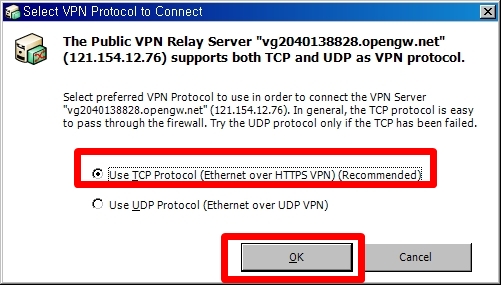
Running your own VPN server (whether at home or using rented server space) therefore loses some key privacy benefits of using a third-party VPN service. The main downside of running your own VPN server is that it does not hide your real IP address from the outside world. It's also a great way to access your regular streaming services, as you will do so using your own home IP address which will not be blocked, as the IPs belonging to many commercial VPN services are. Running a personal VPN server is great for bypassing censorship when abroad and for ensuring privacy when using public WiFi hotspots. This guide, however, covers how to turn your home PC into a personal VPN server.

SoftEther supports many VPN configurations, including remote access of your LAN resources over a VPN connection.

In this guide, we show you how to set up your own SoftEther VPN service. You can, for example, connect to a SoftEther server using the L2TP/IPsec client built into most modern operating systems, or via any OpenVPN client. SoftEther servers can accept connections from a wide range of VPN protocols, so use of the SoftEther client is not necessary.

SoftEther is a free and open-source VPN client and VPN server software developed as part of a master's thesis research at the University of Tsukuba in Japan.īy default, SoftEther uses the SoftEther protocol - an SSL VPN protocol that its developers claim includes several improvements over OpenVPN (also an SSL VPN protocol).


 0 kommentar(er)
0 kommentar(er)
